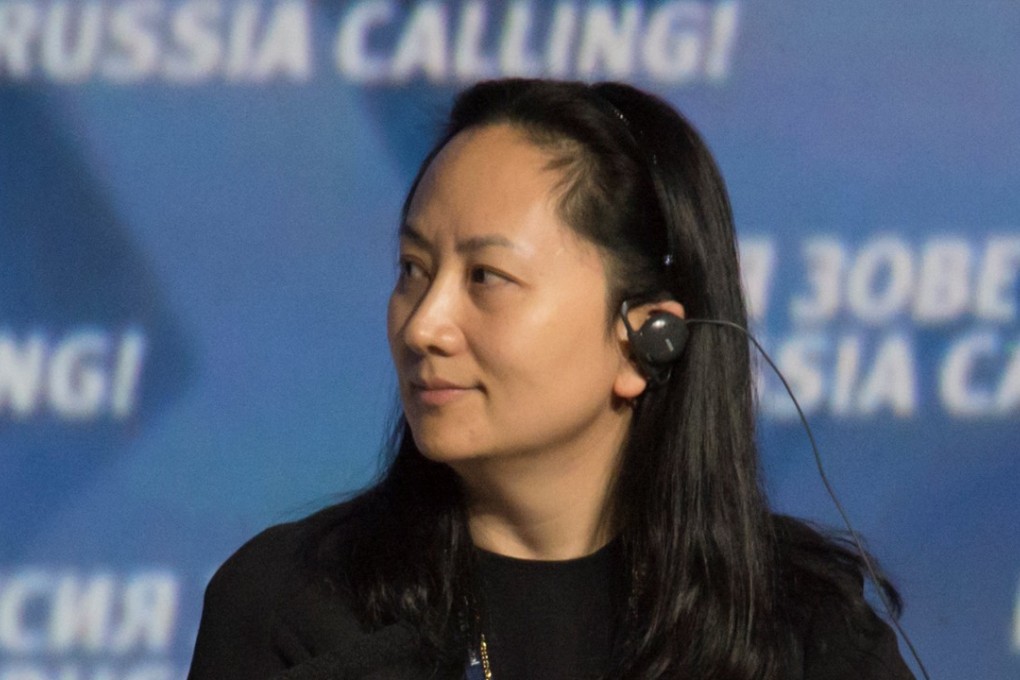Advertisement
Opinion | Huawei CFO Meng Wanzhou’s arrest is a reminder to global companies that the US means business on sanctions
- Richard Ip and Vadim Nikitin say while the popular narrative is that Meng Wanzhou was targeted as part of the trade war, the US Department of Justice’s activism may have been par for the course
Reading Time:3 minutes
Why you can trust SCMP

Huawei chief financial officer Sabrina Meng Wanzhou wiped away tears on Tuesday as she was granted US$7.5 million bail by a Canadian judge. Yet the relief is only temporary: on February 6, the court will reconvene to decide whether she will be extradited to the US and face the possibility of decades in prison.
Immediately after Meng’s detention on December 1, speculation turned to politics. Given the Trump administration’s adversarial approach to Beijing, it’s understandable that her arrest would be seen through the lens of an increasingly fraught US-China relationship.
Yet, often overlooked in the media frenzy is the alleged transgression believed to be behind Meng’s arrest: a violation of sanctions against Iran. She stands accused of hiding the relationship between Huawei and SkyCom, a company that did business in Iran. There is a widespread sense – fanned by sensationalist media reports – that, while the case is ostensibly about sanctions, the true issue is Huawei’s commercial clout and links to Chinese security services.
Advertisement
But what if, on this occasion at least, a cigar is just a cigar? Rather than a casualty of America’s trade war with China, could Huawei in fact be a bellwether of Washington’s new willingness to enforce sanctions regardless of the nationality and clout of potential violators? If so, the world would be wise to listen.
There are signs that the US Department of Justice has been looking into potential Chinese violations of Iran sanctions for months, if not years. In April, it got its first big scalp: ZTE, Huawei’s main rival in China. The US imposed an export ban on ZTE, blocking US companies from exporting goods to the company for seven years.
Advertisement
Advertisement
Select Voice
Choose your listening speed
Get through articles 2x faster
1.25x
250 WPM
Slow
Average
Fast
1.25x

